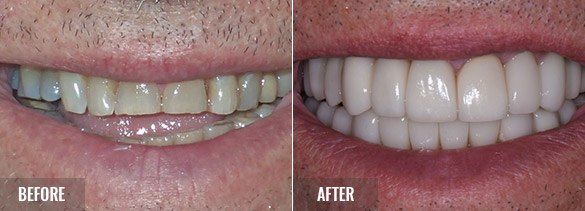What is Alzheimer’s Disease?
Alzheimer’s is a progressive neurological disease of the brain leading to the irreversible loss of neurons and the loss of intellectual abilities, including memory and reasoning. As the disease progresses, it can become severe enough to impede social or occupational functioning. Alzheimer’s disease is also known as simply Alzheimer’s or Senile Dementia of the Alzheimer type (SDAT).
- Scientists believe that, for most people, Alzheimer’s disease results from a combination of genetic, lifestyle, and environmental factors that affect the brain over time.
- As more and more brain cells die, Alzheimer’s leads to significant brain shrinkage.
Common symptoms of Alzheimer’s disease:
- Cognitive impairment
- Short term memory problems
- Difficulties with spatial orientation or attention
- Personality changes
- Unexplainable changes in mood or difficulty with language
Although these symptoms will likely overlap and fluctuate, varying in severity and chronology, the overall progress of the disease is fairly predictable. On average, people live for 8 to 10 years after diagnosis, though this terminal disease can last up to 20 years.
How is Alzheimer’s related to your mouth?
Studies have yet to yield conclusive results, but research suggests that exposure to inflammation early in life quadruples one’s risk of developing Alzheimer’s disease. An inflammatory burden early in life, as represented by chronic periodontal disease, might have severe consequences later on as a contributing factor to Alzheimer’s. If the link between inflammation and periodontal disease is confirmed, researchers say it would add an inflammatory burden to the short list of preventable risk factors for Alzheimer’s disease.








